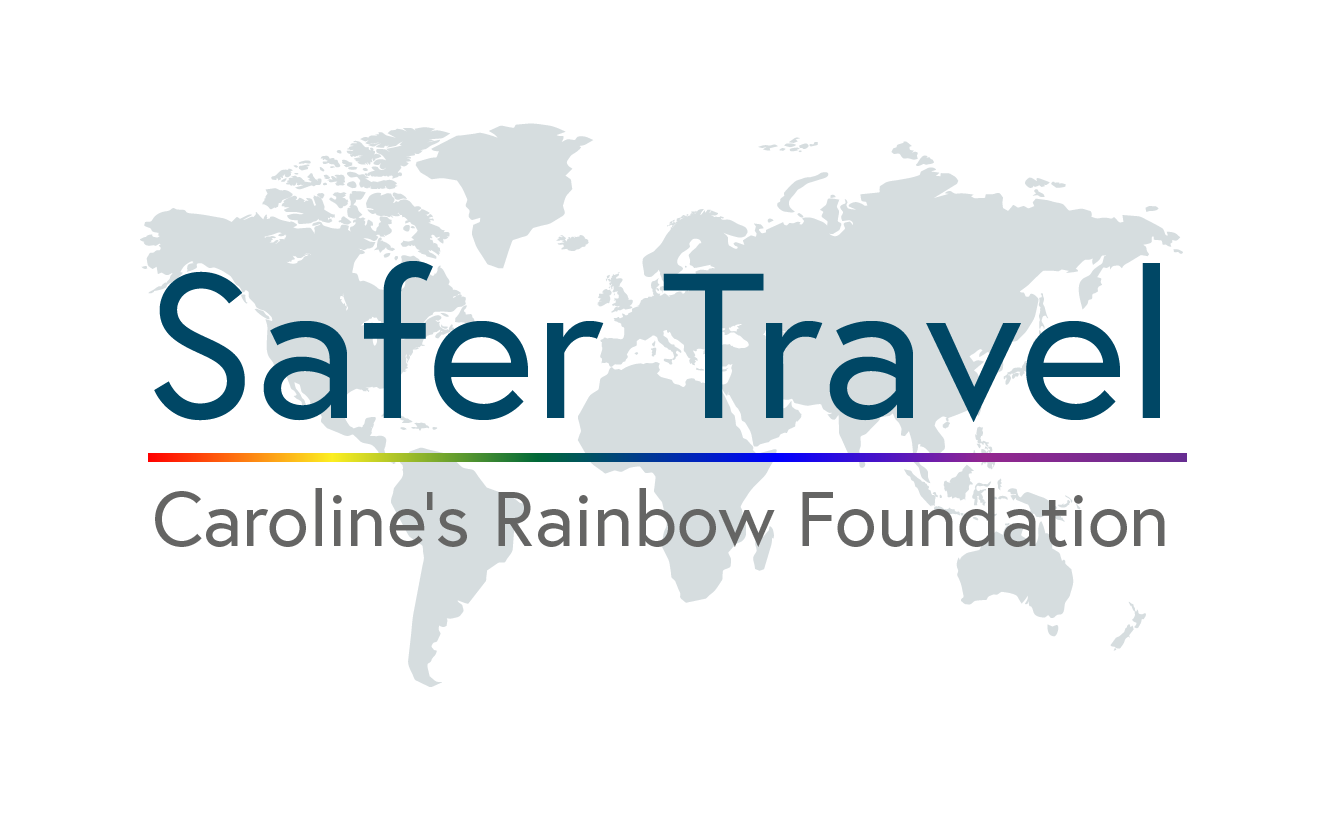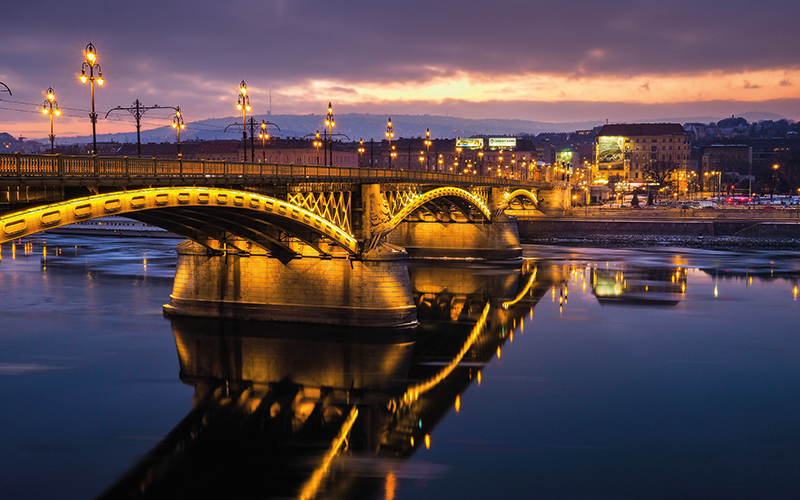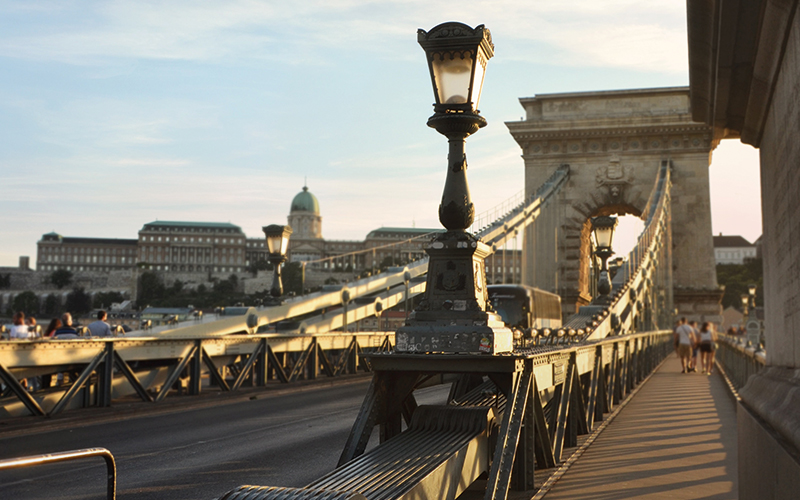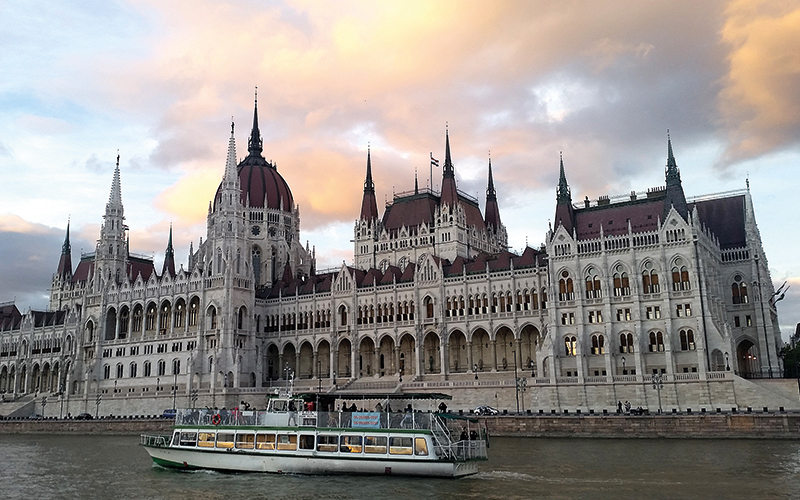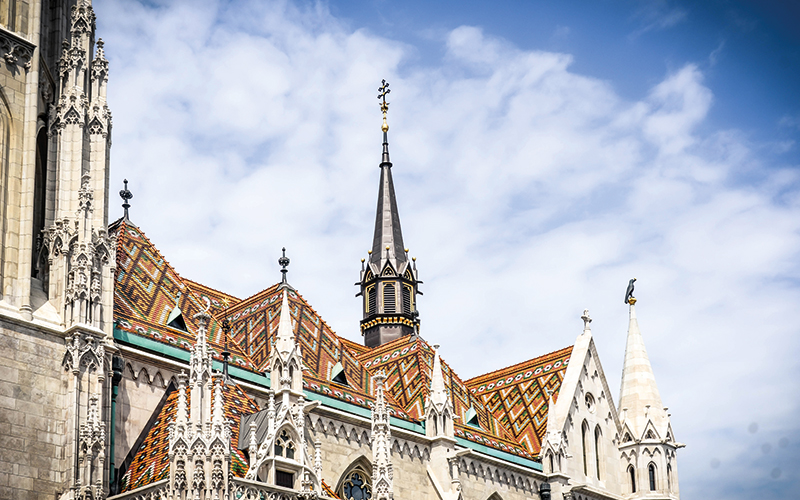Budapest during the Refugee Crisis
Nearing the end of a highly enjoyable first year at university, with only the dim prospect of revision for my end of year exams to light my evening, and the prospect of a long dull summer ahead, I decided to ring an old school friend. Talk soon switched to how we would be spending our summers and inevitably holidays. After a year at university, fuelled by cheap alcohol, the prospect of a week in Ibiza did not fill me with joy. While I had travelled around Europe the previous summer, soaking up the equally as cheap and exciting, but undeniably more cultured party scenes of some of Europe’s greatest cities, he had decided to join the RAF. I decided to show him what he had been missing.
After discussing time scales and budgets, we decided that we would first travel to Budapest, one of my favourite destinations of the previous summer’s trip; to show him the exciting mix of culture, scenery and nightlife which had so encapsulated me on my first visit. We would then hop on the relaxing RailJet to travel on to Vienna, a city I neither of us had properly visited. Having only seen a fleeting glimpse of its majestic architecture through a misty train window, on a drizzly morning the previous summer.
What we did not know as the prospect of the trip sustained us through our final weeks at home, was that these two cities were to be at the heart of the culmination of one of the biggest political crisis Europe has faced this decade.
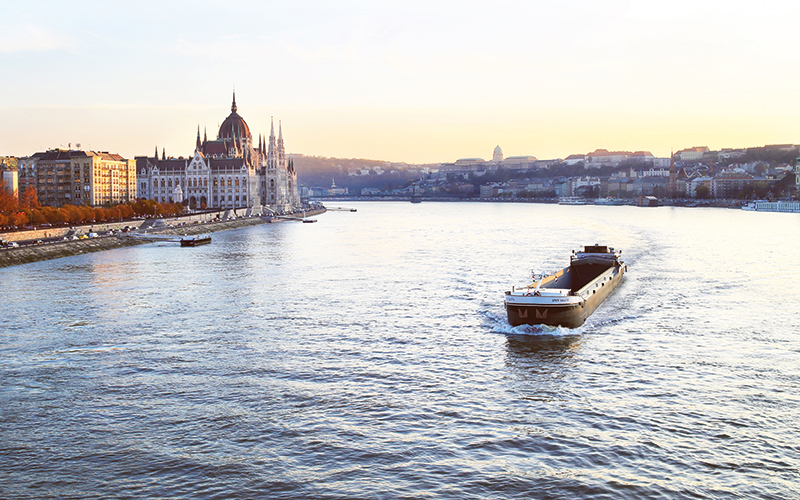
After our hectic stay in Budapest…
The first part of our trip passed of smoothly. A radio news story about the building crisis passed over in favour of music as we made our way, at dawn, over the Pennines towards Manchester Airport. As we spent the first part of our trip, distracted by the ruin bars and museums of Pest, and the scenery and architecture of Buda. We were sheltered, partly by the size of the city and partly by our keenness to spend many hours playing pinball in the Pinball Museum, from the ensuing crisis.
It was not until our final morning in Budapest, as we made our way wearily to Keleti Station, that we made fully aware of the size and seriousness of the crisis. We arrived at a packed and tense station, to find that all trains westward has been cancelled and thousands of people desperate to find out when this situation would change. After a frustrating day spent trying to do this, we decided that it would be wise to take a step back from the situation.
We decided that we would find accommodation in Budapest for the night. Unfortunately, many other stranded travellers had the same idea and, after contacting our hostel in Vienna, we found ourselves struggling to find a place to stay. Eventually, we expanded our search beyond the city centre and found ourselves accommodation in a small, but homely hotel, a short bus ride away. While there we managed to book ourselves on to coach, travelling to Vienna the next day.
While we were fortunate that our trip was not too adversely affected by the crisis. After our hectic stay in Budapest, we were certainly ready to enjoy the more relaxed atmosphere of Vienna’s studious museum’s and cafe culture.
Written by Patrick Disken
Tips for your trip
Learn the language/have a language guide
While this might normally be regarded the reserve of show offs and in a normal situation not doing so can be got round easily by awkward pointing and elaborate sign language. When a situation gets tense, basic language skills can be invaluable for extracting information from stressed officials, members of the public or public service announcements.
Take extra care
While we certainly did not feel any danger from anyone we encountered during our trip. It is important to remember that when caught up in a situation like this, for others there is often much more at stake than simply having an enjoyable holiday, always remember to be polite and understanding. Furthermore, busy confused situations like these can often be used as an incubator for petty crime- take extra care of your valuables.
Keep in contact
It is important to keep up with events which may force you to make alterations to your trip, this can easily be done by keeping in contact with home and using the free internet provided by many hostels. Storing the contact deals of any company you make travel or accommodation arrangements with is also important, as changing these is far simpler if the company can be contacted quickly and directly and helps you to avoid the fees charged for changing bookings being too high.
Don’t be afraid to think outside the box
Don’t be scared to change from the planned itinerary of the trip and think about alternative accommodation/travel arrangements if things don’t work out. This can make the trip far less stressful and more enjoyable in the long run.
